Dynamic Glazing Size
Dynamic Glazing Market Growth Projections and Opportunities
The dynamic glazing market is influenced by several key factors that shape its growth and dynamics. One primary factor is the increasing demand for energy-efficient building solutions. Dynamic glazing, also known as smart or switchable glass, offers the ability to control light transmission, solar heat gain, and glare dynamically, helping to improve building energy efficiency and occupant comfort. As energy costs rise and environmental concerns about carbon emissions grow, there is a growing emphasis on sustainable building design and green construction practices. Dynamic glazing solutions play a crucial role in meeting energy efficiency goals and achieving green building certifications, driving market demand.
The growth of the dynamic glazing market can be attributed to the benefits of glass such as reduction in the cost of energy due to controlled day lighting. This glass changes from transparent to translucent, and blocks the wavelengths of light. On the basis of technology, the thermochromic segment is expected to grow significantly during the forecast period. The thermochromic glazing is a type of dynamic glazing technology, which can change visible light transmission with the objective of responding to the change in environment.
Moreover, advancements in technology and innovations in dynamic glazing systems contribute to market growth. Continuous improvements in materials, coatings, and manufacturing processes enable the development of dynamic glazing products with enhanced performance characteristics such as faster switching speeds, higher optical clarity, and improved durability. Additionally, integration with building automation systems and smart controls allows for more precise and efficient control of dynamic glazing, optimizing energy savings and occupant comfort in commercial, residential, and institutional buildings.
Market factors also include regulatory standards and incentives promoting energy-efficient building practices. Government regulations and building codes mandate minimum energy performance requirements for new construction and renovations, driving the adoption of energy-efficient building technologies including dynamic glazing. In addition, incentives such as tax credits, rebates, and grants encourage building owners and developers to invest in energy-efficient upgrades, further stimulating market growth for dynamic glazing solutions.
Furthermore, macroeconomic factors such as urbanization and construction activity influence the demand for dynamic glazing. With rapid urbanization and population growth, particularly in emerging economies, there is a growing need for sustainable and technologically advanced building solutions to meet the demands of urban development. Dynamic glazing offers significant benefits in terms of energy savings, comfort, and aesthetics, making it a preferred choice for modern building projects in urban areas, driving market expansion.
Additionally, market factors encompass changing consumer preferences and design trends in architecture and interior design. Dynamic glazing solutions provide architects and designers with the flexibility to create innovative and visually striking building facades and interior spaces. The ability to dynamically control light and glare offers opportunities for creative expression and customization in building design, catering to evolving consumer preferences for modern and aesthetically pleasing environments.
Global market trends and trade dynamics also influence the dynamic glazing market. International collaborations, research initiatives, and partnerships drive innovation and technology transfer in the dynamic glazing industry, contributing to market growth. Moreover, international trade agreements, tariffs, and trade barriers impact the import and export of dynamic glazing products and components, affecting pricing dynamics and market competitiveness in different geographic regions.
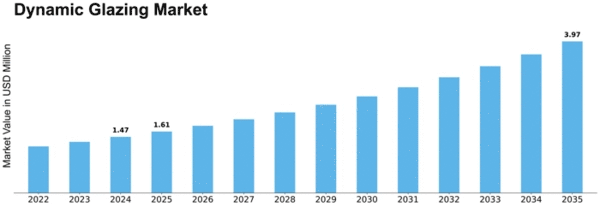


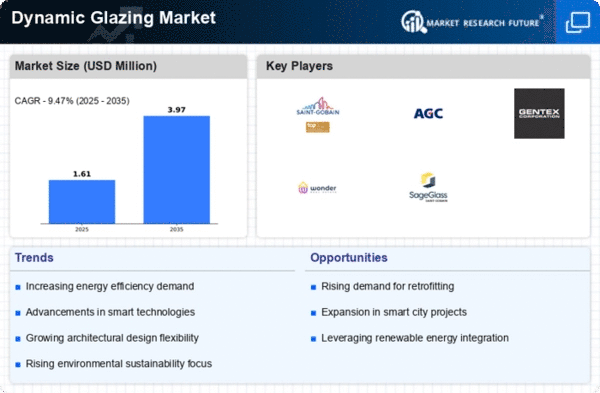
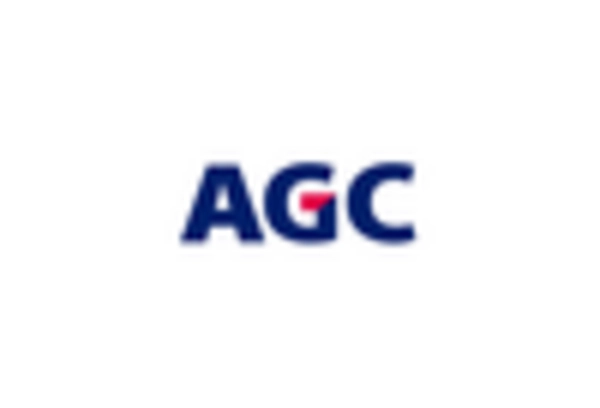
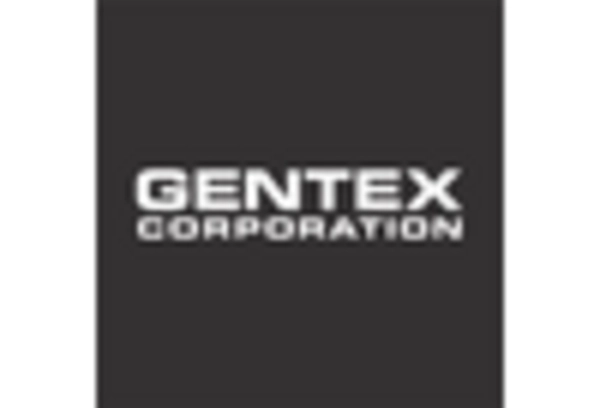
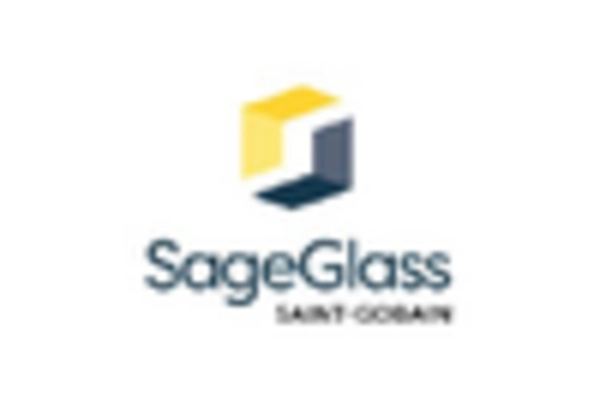

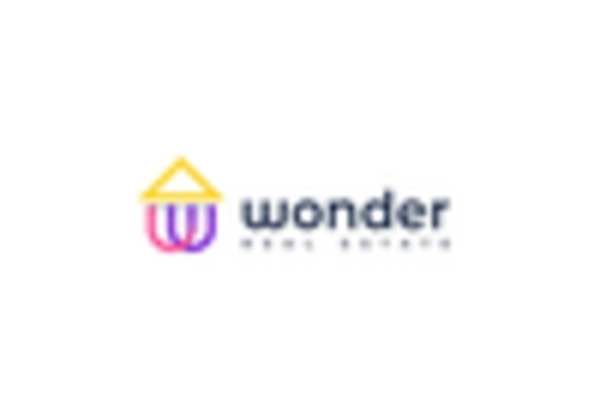









Leave a Comment